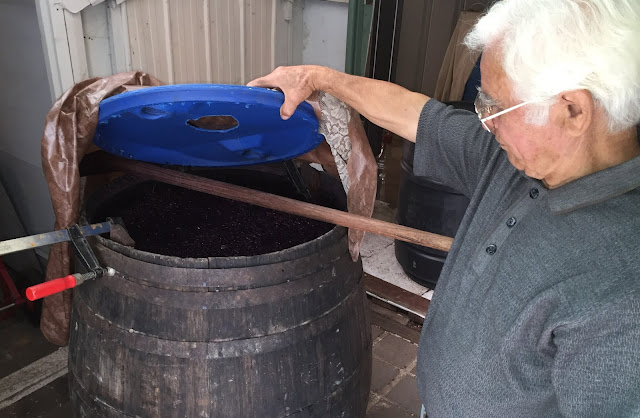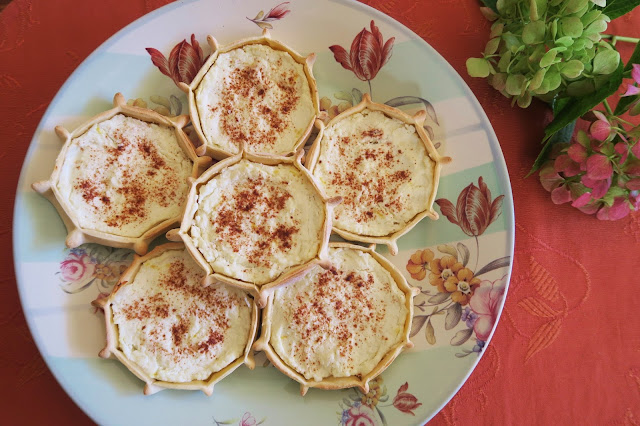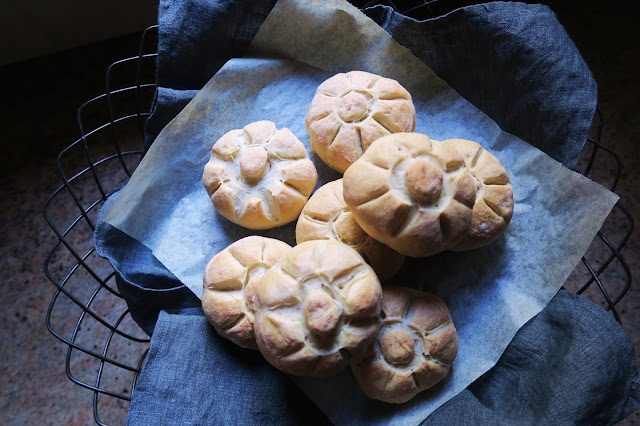Acerenza (Photo courtesy: Vincenzo Mazzaro)
In the far valley of this historic town called Acerenza, you will find
vineyards that produce the famous local wine Aglianico
DOC. This agricultural town is situated northeast of Potenza and offers a magnificant landscape
that is dominated by vineyards and many medieval historic buildings. It is
here where my father and his passion for wine making was born.
While the Aglianico del Vulture is perhaps the most famous DOC wine, Basilicata boasts three other wines bearing the DOC mark and well representing the regional variety: “Terre dell’Alta Val d’Agri” wine, produced in the Val d’Agri is available in red, red riserva and Rosè varieties; “DOC Matera”, which takes its name from the town of Sassi but is also produced throughout the province, from the lonian Coast to the Murgia gorges; “Grattino di Roccanova”, named after the ancient caves where the wine is traditionally aged.
Le Cantine, via delle Cantine are
ancient caves where wine produced by the locals was stored. My
grandfather - Nonno Vincenzo owned
land and a vineyard near la Cappella di Pompei and la Grotta di San Michele, as well as stored his wine in one
of these cantine. He
cultivated the vineyard and worked in his saddlery store where he made saddles
for the locals. The store was in Via Giacinto Albini near La Caserma dei
Carabinieri. He employed a shoe maker who would make the shoes
on the premises and my father at a young age would sell these shoes in nearby
towns. He also supplied the locals with leather, nails, rope and produce
such as walnuts, cheese and wine from his vineyard.
Papa` did not participate in the wine making process as he was
young at the time, however what he learnt came through observation. The
wine was made by a local that my grandfather employed. The red wine was
made from Aglianico grapes and the white wine from Moscato. The wine
would then be stored in the Cantine, and those who wanted to buy his
wine would come there, bring their damigiane (demijohns), and buy quantities as required.
The family later migrated to Potenza,
and it was here that papa` now older, started to take more of an interest in
wine making. He would help his father make wine for some of the local
grape growers. Although he never made wine for himself in Italy, what
he observed and learnt from his father would later in life serve him well.
Papa`s wine making practice has been a tradition in our family since I can
remember - over 40 years. It
was only once we settled in Australia that he became nostalgic and passionate
about the art of making wine. With him, he brought the only heirloom
possible - the filter that belonged to his uncle - Zio Canio, which
he still uses today.
I was fortunate to visit Acerenza with him during the late 80's on a day
trip to purchase some locally produced wine. Longing for his own home
made wine, it became apparent that the next best 'drop' would have to come from Acerenza. I
remember him also buying a small botte as
a souvenir to store a gallon of wine in. He still has this botte somewhere in his cantina in Melbourne amongst all the wine
making equipment. An old quote by Cecco Angiolieri (circa 1260 - 1312) 'Sia
benedetto chi per primo invento` il vino che tutto il giorno mi fa stare
allegro.' This translates as: Bless
the one who first invented wine that helps keep me happy all day long.
Wine
making is a yearly ritual which papa` is reluctant to let go of, even
though his cantina still holds wine from 6 seasons
ago. His philosophy is keeping stock levels high just in case he is
unable to make his wine the following season. His wine is shared amongst family
and friends and always at the table during festivities as well as with daily
meals.
Over
the years he has perfected his wine making skills trying different blends and
more recently just Shiraz grapes. He does not use preservatives or additives
quoting the famous saying 'Vino battezzato, non vale un fiato' (basically meaning it's not
worthy).
Another
famous saying I've heard my father reciting is: 'Chi ha pane e vino, sta meglio del
suo vicino.' This translates as: he who has bread and wine is better
off than his neighbour. My paternal grandmother Nonna Angela lived to the age of 93. I
believe her secret to a long life was her daily intake of half a glass of red
wine. She would dunk a piece of bread in the wine and that is how she
would always finish her meals...bless!
The annual wine making process at my parents also includes rendering down the
'must' to produce vino cotto also known as vin cotto. This is used for sweets
such as la
lagana chiapputa, panzarotti and
a very basic and old recipe for mostaccioli,
all typical of this region which I wrote about in my previous posts.
Some of these sweets will undoubtedly appear at our family
gathering this Easter, as well as shiraz grapes which I am in the process
of drying. They will accompany the quince paste I made last week,
and served with cheese.








Very helpful Blog. Thanks for Sharing with us about wine making equipment
ReplyDelete